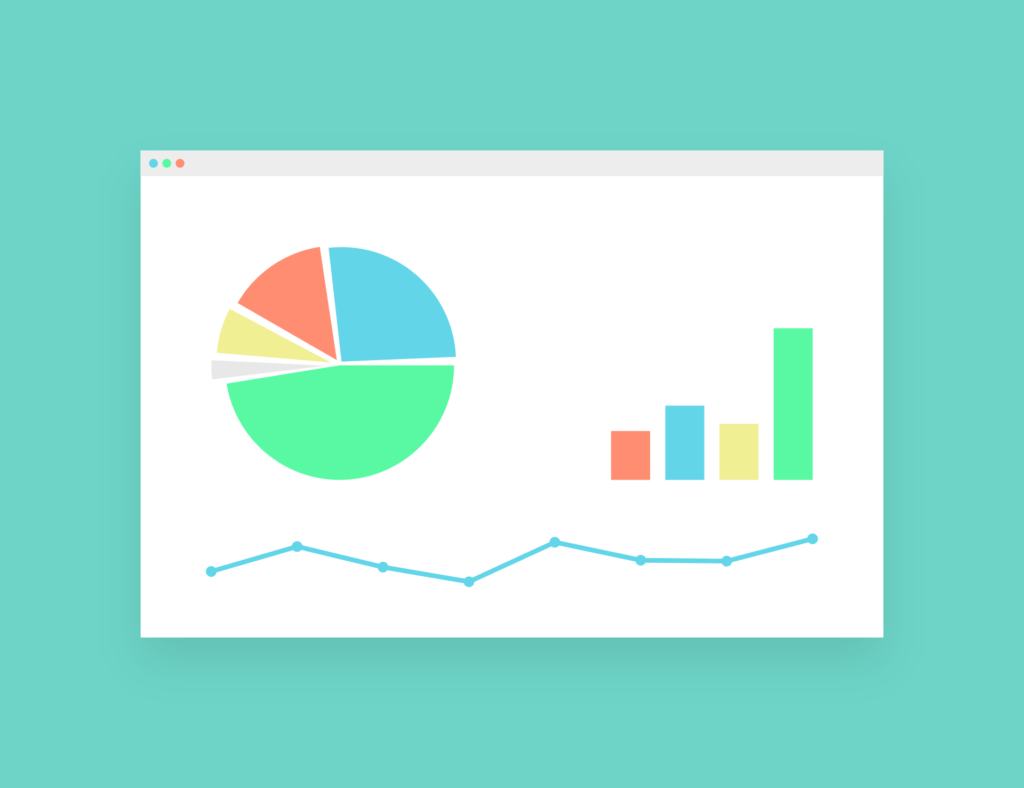Website performance is crucial for ensuring a positive user experience on your website. It can be considered a crucial aspect of web accessibility, as it involves taking into account the device and connection speed of the site visitor. Adhering to performance best practices is essential for delivering fast and accessible websites.
Fast loading pages and responsive websites lead to better user engagement and satisfaction. Faster websites can lead to higher conversion rates and more sales. Search engines like Google consider page load speed as a ranking factor, and faster websites tend to rank higher.
On the other hand, slow website speed can drive away visitors and make Google think twice about including your site in its results.
So, website performance is important for accessibility and also for other website metrics that serve the goals of an organization or business. Good or bad website performance correlates powerfully to user experience, as well as the overall effectiveness of most sites.
10 Top Recommendations
Here are 10 ways to improve website performance:
- Improve User Experience (UX): Make sure your website is user-friendly and easy to navigate.
- Focus On Mobile Web Pages: Optimize your website for mobile devices.
- Search Engine Optimization (SEO): Optimize your website for search engines.
- Reduce Page Weight: Optimize your images and videos to reduce page weight.
- HTTP Requests: Reduce the number of HTTP requests your website makes.
- Web Browser Caching: Use browser caching to reduce page load times.
- Web Hosting: Choose a reliable web hosting provider.
- Content Delivery Network (CDN): Use a CDN to deliver content faster.
- Minimize JavaScript and CSS: Minimize the amount of JavaScript and CSS on your website.
- Optimize Your Website Speed Test Score: Use website speed test tools to identify areas of improvement and optimize your website for better performance.
Ways to Measure Website Performance
There are several tools available to measure website performance. Some of the popular ones are:
- Google PageSpeed Insights (PSI): This tool provides real-time performance data for a webpage irrespective of its origin on mobile or desktop devices.
- GTmetrix: This tool uses PageSpeed Insights and YSlow to generate performance scores and a detailed report of the current state of your website.
- WebPageTest (WPT): This is a free and open-source tool used to measure page load time.
- Dotcom-Monitor: This tool provides website monitoring and performance testing services.
- SolarWinds Pingdom: This tool provides website performance monitoring and testing services.
These tools can help you identify the areas of your website that need improvement and optimize your website for better performance.

